Shooting cosmic wave, the key to life on other planets?
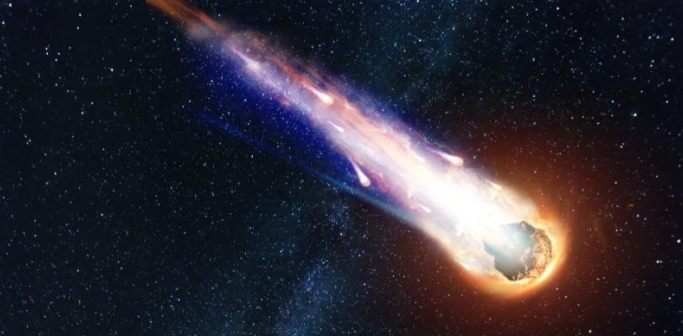
Hello, curious earthlings! Have you ever wondered how the building blocks of life arrived on Earth? Well, according to some eggheads at Cambridge University, comets may have been the intergalactic deliverers of life! Imagine these comets as cosmic messengers, carrying organic material through space at the speed of a space snail and in order not to ruin important molecules along the way, they need to stay below 15 kilometers per second. At higher speed, it’s like a firework that disintegrates before it reaches the ground!
Now, the perfect wave for these accelerated comets is in “sardine-compact” planetary systems! What does that mean? Think of a planetary neighborhood where everyone is so close together that a comet can play “bounce” from one planet to another, slowing itself down in the process. At snail speeds, the comet could crash friendly into a planet, releasing the molecules that could be the spark of life. This is as exciting as a game of cosmic billiards! Scientists claim that comets carry with them a basic kit for life, such as amino acids and vitamin B3. Yes, even kites are healthy! They also contain a lot of hydrogen cyanide (HCN), a heat-resistant prebiotic molecule.
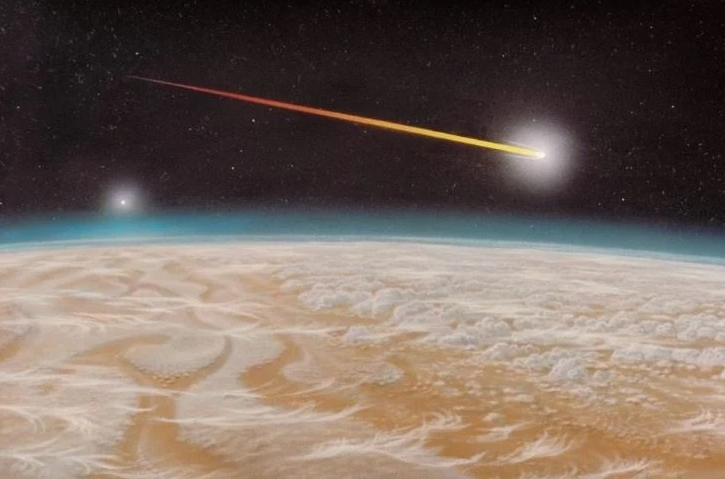

But, mind you, they’re not saying that comets are the only reason we’re here, they’re just throwing out ideas about where we might look for life outside our cosmic corner. Comets in our neighborhood, beyond Neptune in the Kuiper Belt, sometimes decide to go sightseeing in the inner Solar System. It’s like they’re taking a walk around town! But on which planets might they drop their prebiotic gifts? Well, according to these Cambridge eggheads, it gets interesting on planets similar to ours. They have to be light, friendly to other planets in the vicinity, and be in close orbits. Imagine an interplanetary party where comets go from guest to guest before colliding!
And yes, they used complicated mathematics to reach these conclusions; in short, if you’re a massive, lonely planet, comets won’t bring you gifts. But if you’re a sociable planet in close orbit, you could be the lucky winner of the cosmic prize. So where should we look for alien life? These guys say that compact planetary systems are worth checking out. The galaxy is like a huge showcase and comets are the potential deliverers of life! In conclusion, the cosmos is an incredibly big place full of surprises. What molecular pathways brought us the diversity of life on Earth? Are there other places where life can be festive? It’s time for astronomy and chemistry to come together to solve the greatest mysteries of all! And so, friends, we close this cosmic journey. Until next time, space explorers!


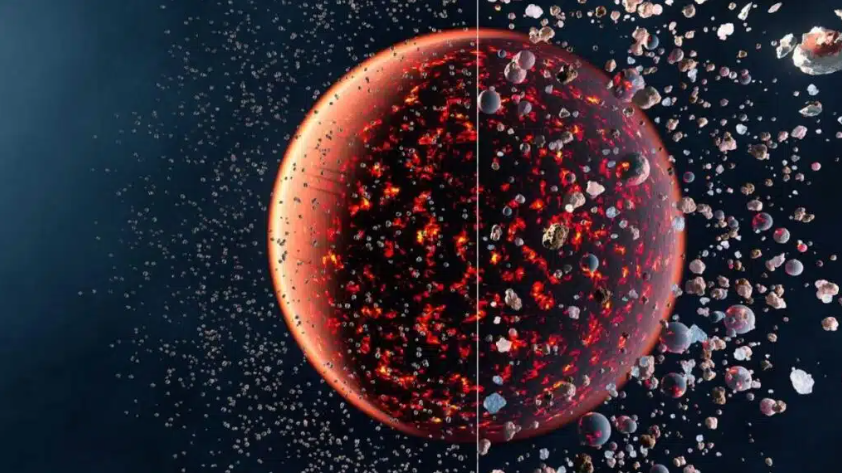
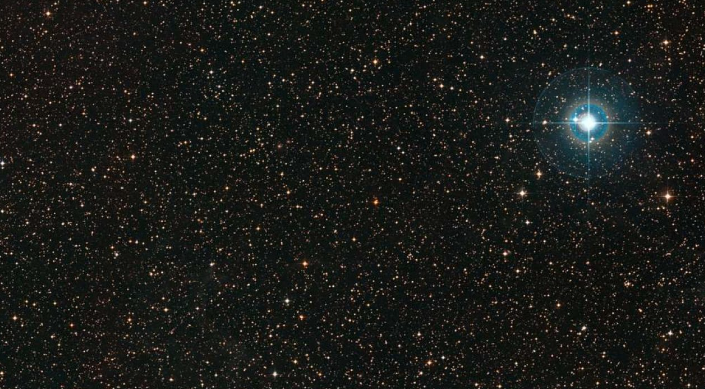
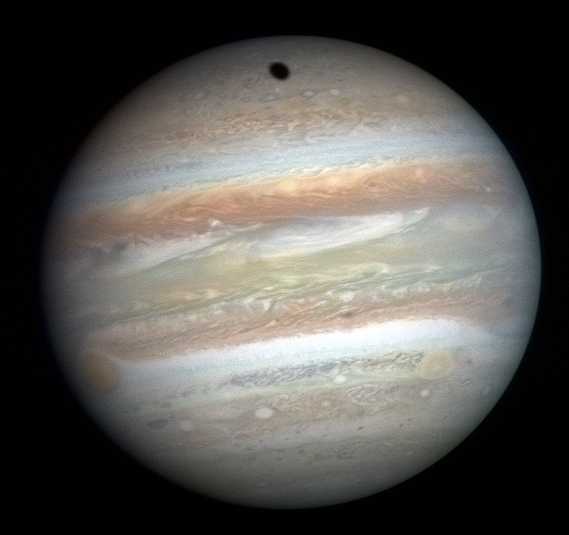
Responses